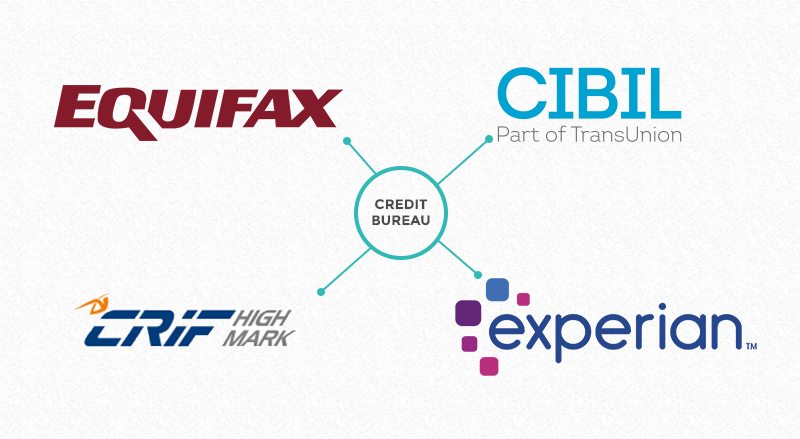A few years ago, Aryan, a young professional from Mumbai, missed a few credit card payments. At that time, he thought it was not a big deal. He had just started his career, his expenses were high, and he told himself that once he cleared the dues, everything would be fine. A year later, when he applied for a home loan, the bank politely rejected his application. Confused, he checked his credit report and was shocked to see those missed payments still listed clearly. Even though he had paid off the card long ago, the record of his late payments had not disappeared. That was the moment he realized an important truth: “Credit Bureaus Never Forget”.
The principle that “credit bureaus never forget” means that every action taken with respect to credit, whether it is positive or negative, gets recorded and stays in your credit history for a long time. Unlike a conversation that can be forgotten or a mistake that can be erased, your credit record continues to carry the footprint of your financial behaviour, and this information is shared with lenders whenever you apply for new credit.
Credit bureaus in India collect and store data about your loans, credit cards, repayment history, defaults, write-offs, settlements, and even the number of times you apply for credit. They are mandated by RBI to update this information fortnightly. If you have paid on time, your record reflects responsibility. If you have defaulted or delayed, that too is noted. Even after a loan is closed, the history of how you managed the same continues to remain visible on your credit report.
The retention period of this data varies. Regular repayment history is usually updated for about three years on a rolling basis. Serious issues such as defaults, write-offs, or settlements can remain in your report for seven years or more. Closing a loan does not erase its past. Instead, it simply changes the status to “closed”, but the trail of how you paid during the loan period remains.
The idea behind this principle is simple. Lenders want to see not just who you are today, but how you have behaved in the past. Your history is considered the best predictor of your future behaviour. If you have shown discipline in making payments on time, lenders will view you as trustworthy. If your record shows repeated defaults or settlements, lenders will hesitate. This system is not meant to punish borrowers but to ensure fairness, accountability, and transparency in the financial system.
For borrowers, the principle has important consequences. A common misconception is that once a loan is repaid, the slate becomes clean. In reality, the slate is never wiped, only updated. If you repaid properly, that works in your favour. If you missed payments or settled for less, that mark will remain for years. The principle, however, has a positive side too. If you consistently pay on time and manage your credit responsibly, that good history also stays with you. Lenders often give preference to people with long-standing loan accounts and clean repayment records.
What this means for you is that managing credit is not a one-time effort but a lifelong discipline. The best way to handle it is by paying all dues on time, avoiding loan settlements, checking your credit report regularly for errors, and keeping your borrowing within your capacity. Even if you have made mistakes in the past, creating a track record of positive behaviour going forward can slowly reduce the impact of earlier negatives. At the end of the day, credit bureaus act like memory banks of your credit life. They do not forget the mistakes, but they also do not forget the good habits. The story of your journey is preserved and retold each time you apply for credit. Just like Aryan discovered, a single late payment can have an effect years later, but a record of consistent responsibility can open doors to opportunities. The principle that “Credit Bureaus Never Forget” is therefore not a warning alone – it is also a reminder that building and protecting your financial reputation is one of the most valuable investments you can ever make.


